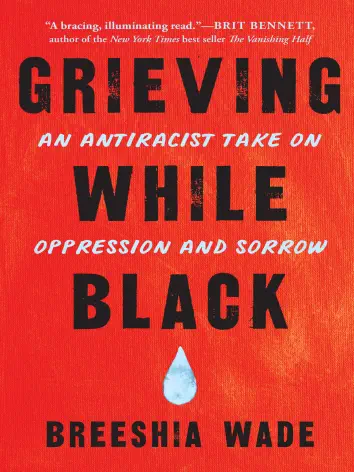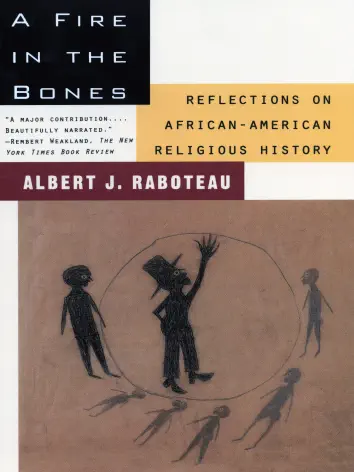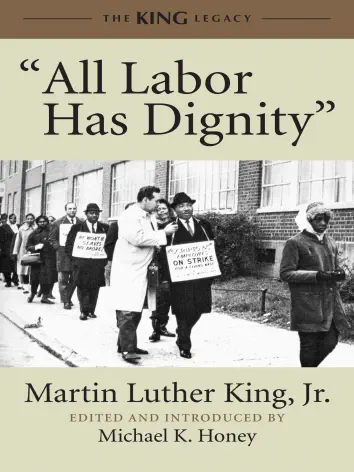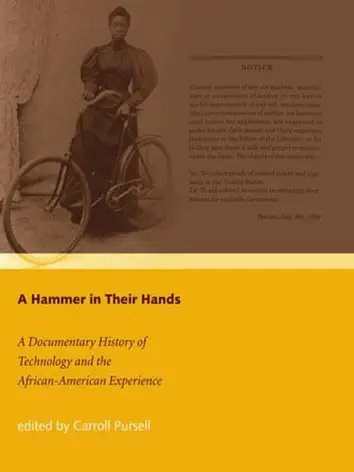Typically, when we reference grief work in relation to anti-Blackness, people think about the grief experienced by those oppressed by white supremacy. But Breeshia Wade encourages those who are not Black to consider how their own unexplored grief amplifies the suffering of Black people.
Most of us understand grief as sorrow experienced after a loss—the death of a loved one, the end of a relationship, or a change in life circumstance. Breeshia Wade approaches grief as something that is bigger than what’s already happened to us—as something that is connected to what we fear, what we love, and what we aspire toward. Drawing on stories from her own life as a Black woman and from the people she has midwifed through the end of life, she connects sorrow not only to specific incidents but also to the ongoing trauma that is part and parcel of systemic oppression.
Wade reimagines our relationship to power, accountability, and boundaries and points to the long-term work we must all do in order to address systemic trauma perpetuated within our interpersonal relationships. Each of us has a moral obligation to attend to our own grief so that we can responsibly engage with others. Wade elucidates grief in every aspect of our lives, providing a map back to ourselves and allowing the reader to heal their innate wholeness.






Reviews
There are no reviews yet.